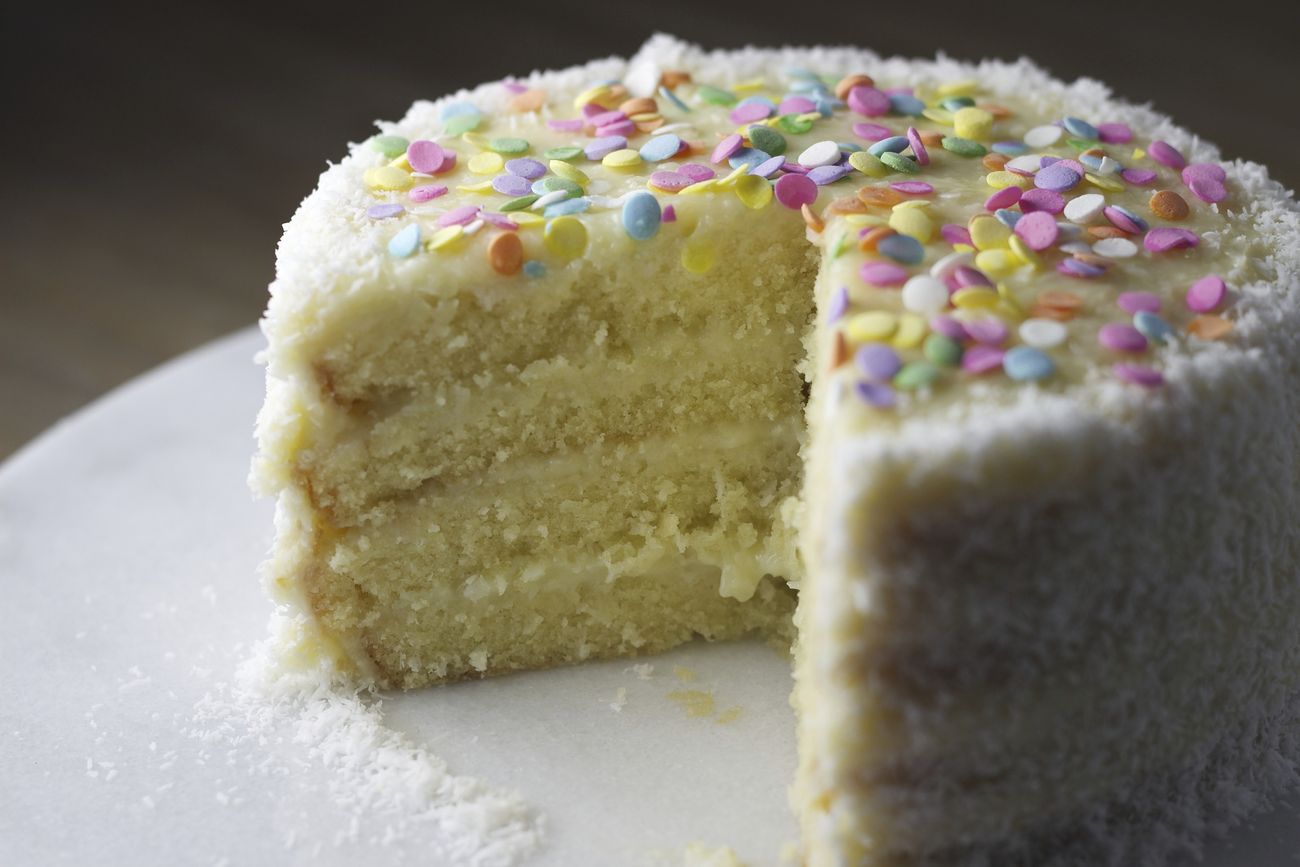This essay delves into the importance of birthdays in Chinese culture and how the ways in which they are celebrated have evolved over time. It explores the traditional customs such as the “Red Egg and Ginger Party” for newborns and “coming of age” celebrations for young adults, and the impact of Western influences on modern celebrations. It also examines the significance of gift-giving in Chinese culture and its symbolic meaning. This essay provides a comprehensive understanding of the blend of tradition and modernity in the celebration of birthdays in Chinese culture.

I. Introduction
Birthdays are considered important occasions in Chinese culture, and they are celebrated with traditional customs and gift-giving. A birthday is seen as an opportunity to reflect on one’s age and the passage of time, as well as to express gratitude for life’s blessings. Birthdays have evolved in Chinese culture over time, but traditional customs and gift-giving remain an important part of the celebration. The Chinese have a distinct method of calculating age that differs from the Western method. A person is considered one year old when they are born, according to Chinese culture.
II. Historical Celebrations
The “Red Egg and Ginger Party” was traditionally held for newborns to celebrate the arrival of new life. The party was held on the baby’s first full moon, and it was believed to bring the baby good luck and health. The eggs were dyed red to represent joy and celebration, and ginger was served to represent warmth and protection. The party was usually held at the baby’s home, and guests would bring gifts for the parents such as clothes, toys, and money. As a token of their appreciation, the parents would give the guests red eggs and ginger.
There were also “coming of age” celebrations for young adults as the child grew older, typically held when a child turned 20 years old. This was regarded as a significant milestone in the child’s life, and it was commemorated with a special ceremony and a feast. The young adult would receive a new set of clothes and a new hairstyle during this ceremony, symbolizing the transition from childhood to adulthood. The young adult would also deliver a speech in which they would express their gratitude to their parents and ask for their future guidance.
III. Modern Celebrations
Birthdays are now celebrated in China with parties and gift-giving, similar to Western customs. However, there are some differences between how birthdays are celebrated in China and how they are celebrated in other countries. It is not uncommon for people to celebrate their birthday on the nearest weekend rather than on their actual birthday. Typically, this is due to work or school schedules. Furthermore, rather than a large group of people, Chinese people usually celebrate their birthdays with close friends and family.
The popularity of birthday cakes and the singing of “Happy Birthday” in China has also been influenced by Western culture. Traditionally, traditional Chinese birthday celebrations did not include cakes or singing, but this is no longer the case. Western-style birthday parties with games, decorations, and party favors have also gained popularity in China.
IV. Gift-Giving
Gift-giving is an important part of Chinese birthday celebrations. Traditional gifts for children and young adults include red envelopes filled with money. The money is regarded as a symbol of good fortune and prosperity. Food gifts, such as fruits, pastries, and candies, are also given as symbols of good health and longevity.
People in China have begun to give more creative and personalized gifts, such as jewelry, clothing, or gadgets, in recent years. It is also becoming popular to treat someone to a special meal or a trip as a birthday gift.
In Chinese culture, gift-giving is used to express love and appreciation for the recipient. It is also an opportunity to wish the person success and happiness in the coming year.
V. Conclusion
Finally, birthdays are an important occasion in Chinese culture, marked by traditional customs and gift-giving. While birthday celebrations have evolved over time, traditional customs such as the “Red Egg and Ginger Party” for newborns and “coming of age” celebrations for young adults remain important in Chinese culture. Modern Chinese celebrations have been shaped by Western influences and include birthday parties and gift-giving, but the meaning of these celebrations remains the same – to acknowledge one’s age and to give thanks for life’s blessings.
VI. Additional Information
As previously stated, the Chinese age calculation system differs from the Western method. A person is considered one year old at the time of their birth in Chinese culture, which means that if a person is born on January 1st, they are one year old on that day. This is critical to remember when celebrating birthdays in China.
In Chinese culture, other significant birthday celebrations include the 60th birthday, known as the “60th Birthday of the Jade Emperor,” and the 80th birthday, known as the “80th Birthday of the Jade Emperor.” These birthdays are particularly significant and are frequently commemorated with elaborate ceremonies and feasts.
Another cultural aspect of Chinese birthday celebrations is the practice of distributing red envelopes containing money. This is a traditional gift thought to bring good fortune and prosperity. Food gifts, such as fruits, pastries, and candies, are also given as symbols of good health and longevity.
Birthdays are an important occasion in Chinese culture, celebrated with traditional customs and gift-giving, and it is an opportunity to acknowledge one’s age and give thanks for life’s blessings, while also adapting to modern influences.

